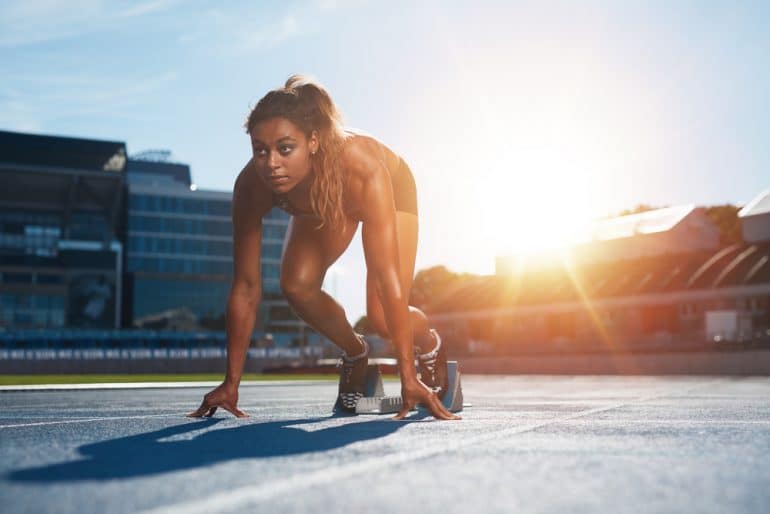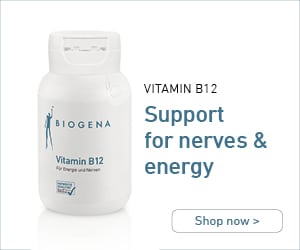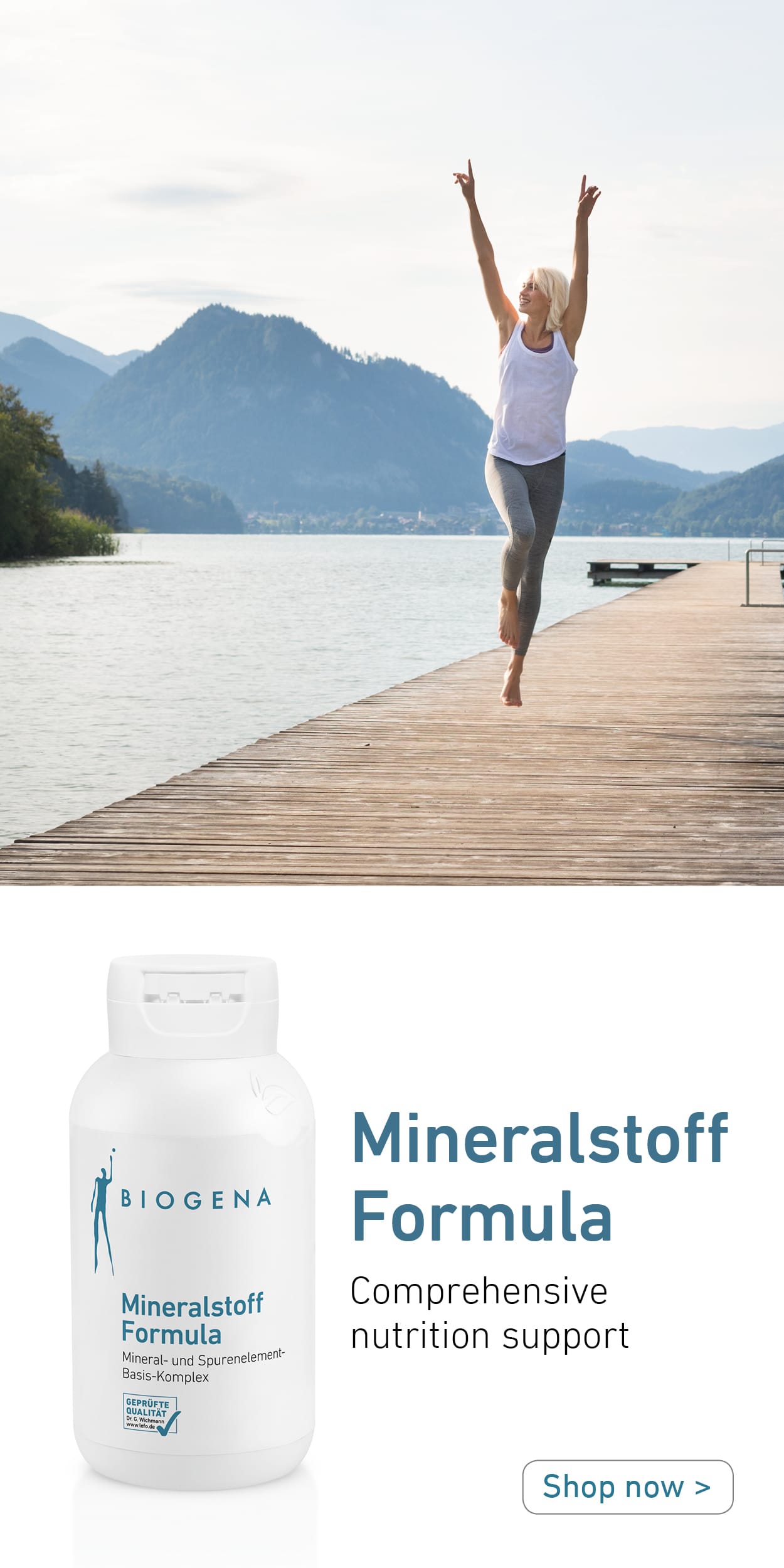An optimal micronutrient supply through natural foods is nowadays no longer feasible for many athletes. Thus it is tried to compensate this lack by means of various preparations. Often preparations are taken arbitrarily, which promise apart from performance optimization also high quality.
However, this is unfortunately not the case on closer inspection. Especially when these supplements are ordered on the Internet. If taken improperly, even severe side effects can occur. If however a professional blood analysis is accomplished and afterwards a micro nutrient recommendation co-ordinated with the respective athlete is delivered, thanks to these preventive and/or therapeutic measures, successes in sports can be enhanced.
A current study of 2017 points out that also in the spreading haven increased micro nutrients are taken. “Regeneration, preservation of health, increase in performance, prevention of illnesses and for the compensation of a bad life-style are the main reasons of a Supplementation .
Over 90% of athletes take micro nutrients monthly, and 25% supplement daily.
Micronutrients for athletes – “state of the science”
An optimal supply of micronutrients and vitamins is not only the key to a perfectly functioning metabolism, but also crucial for physical and mental performance and the maintenance of our health. The dosage depends on the athletic activity, intensity, age and gender. Individuality should always be a top priority.
Current studies show that in many countries micronutrients are supplied particularly in the spreading haven. As part of a German research project, the individual health behaviour of 1,138 young athletes was investigated.
It was found that more than 90 percent of the active population take micronutrients at least once a month. 25 percent of them even take it daily (e.g. vitamin D or magnesium). Studies from different countries showed that over 90 per cent of the athletes in Canada, Australia or the Netherlands regularly supplement micro nutrients.
In order to arrive at an optimal metabolism Tuning, following micro nutrients are recommended to athletes:
- Vitamin D
Vitamin D has a significant influence on muscle protein synthesis, muscle strength and size, muscle coordination, muscle reaction time, endurance, inflammation processes and the stability of the immune system. All these properties are essential for the mental and psychological health of every athlete. Every athlete is therefore advised to have his vitamin D3 25-OH status measured and, if necessary, to supplement it. According to current studies, the ideal value for athletes is 50 ng/ml and 125 nmol/L respectively.
- Magnesium
Magnesium is another indispensable nutrient for sports activities due to its accelerated glucose and energy metabolism. Due to the additional requirements of athletes, magnesium, which is involved in more than 600 enzymatic reactions and is of central importance for almost all metabolic processes, should be supplied regularly. The daily requirement of an athlete is 10-20 percent higher than that of a non-athlete. The recommended daily requirement for amateur athletes is 200-300 mg and 300-500 mg for high loads.
- Iron
Iron is another essential micronutrient in sports activities due to increased losses in the gastrointestinal tract and excessive sweating. Its supply in athletes is often too low and should therefore be determined. A targeted laboratory diagnosis leads to an optimal status with an individual supplementation according to need. The serum value is not suitable for the determination of iron, therefore the serum ferritin value should be determined. The value correlates within certain limits with the storage iron in the body. Normal values are in the range of 25-150 µg/l for women and 35-310 µg/l for men. When taking iron supplements, it should be noted that they should always be taken on an empty stomach or 30 to 60 minutes before a meal. This is to prevent other foods from interfering with iron intake. Vitamin C additionally increases the iron intake, so the body can utilize the supplied iron in larger quantities as long as vegetable iron is consumed together with vitamin C-containing foods.
- B vitamins
B vitamins are particularly important for athletes as they optimize the energetic combustion process of carbohydrates and fats. They are therefore regarded as performance boosters. Various studies on athletes have shown an undersupply of thiamine (vitamin B1) and vitamin B6 in particular. Since B vitamins belong to the group of water-soluble vitamins, deficiency symptoms can occur after only a short time due to their low storage capacity. Non-specific symptoms such as limited performance, spring fatigue, increased susceptibility to infections and poor adaptation to training are the result. Vitamin B1, B2, B6, B12, niacin and folic acid should therefore be controlled, especially for athletes, but should be supplemented according to the type of sport. Due to the increased protein intake, strength athletes tend to have an increased need for vitamin B6 and vitamin B1 is of great importance in the endurance range. Since the selection of single or combination preparations is very complex, a nutrition expert should always be consulted. This ensures an optimal supply of all B vitamins.
- Antioxidants
Antioxidants ensure good cell function and protect our immune system. The number of free radicals in the body increases during intense physical exertion during exercise. The optimal protection can be ensured by a good supply of vitamins A, C and E, zinc, and selenium as well as secondary plant substances such as green tea or curcuma. Several successive intensive strains, whether through work stress or excessive training, which can lead to RONS-induced tissue damage (caused by oxygen and nitrogen radicals), increase the risk of susceptibility to infection. This fact can also be observed in weight loss in combination with intensive workload and performance. In such phases, athletes fall more easily into an undersupply of micronutrients. Therefore, supplementation with antioxidants should be carried out both in the basic diet and at the end of each day of exercise. The WHO recommendation of 400 g/day can be regarded as the minimum quantity. “5 a day” (3 times vegetables, and 2 times fruit evenly distributed throughout the day) results in a weight of approx. 400 to 600 g/day of vegetables and fruit and is also regarded as the ideal antioxidant supply. People who do not reach this level should try to change their diet to a higher consumption of fruit and vegetables (including legumes). The only question that arises is: “Can this be achieved?” If not, antioxidant supplementation is recommended.
Laboratory analysis and personal consultation are essential in order to be able to respond optimally to individual needs.
Conclusion
The question of micronutrient supplementation during exercise must always be answered with a yes. However, a laboratory analysis with subsequent consultation is necessary in order to be able to respond individually to the person, the respective situation and personal needs. The nutritional behaviour, the training condition, the quality of the products and the bioavailability are decisive for a correct micronutrient recommendation and the subsequent therapeutic success.














